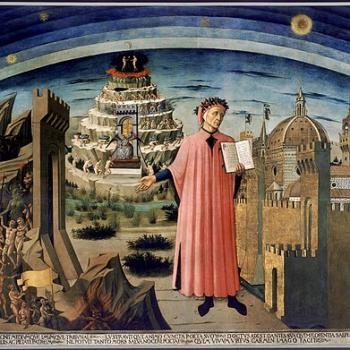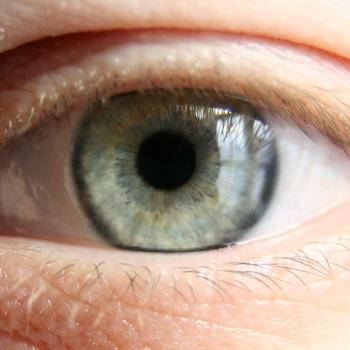It seems somewhat peculiar that we spend our lives on a journey toward a destination that we know nothing about. Perhaps it is for this reason that the same Rabbi Jacob who taught about Olam HaBa was quick to remark, "One hour of good deeds in this world is more beautiful than all of life in the world to come." It is not the destination that is important, then, but how we spend our journey getting there.
What happens after we die? The answer lies in what happens while we are alive.
Rabbi Daniel Bouskila
Temple Tifereth Israel, Los Angeles, California
Conservative
The prayer book is an excellent place to begin an examination of the variety of Jewish views about the afterlife.
Here are a few examples: Psalm 30:10 asks, "What profit is there if I go down to the pit? Can the dust give thanks to You? Can it declare Your truth?" And Psalm 115:17 answers, "The dead do not praise God; neither any that go down into silence."
In the memorial prayer, El Maleh Rahamim, we request that God "shelter the soul under the wings of the shekhinah, granting it perfect repose... May it rest in the Garden of Eden. Shelter the soul forever: may it be bound up in the bond of life; Adonai is its portion; may it rest in peace."
Just before the morning blessings, Birkhot Hashahar, we thank God for restoring our souls each day and declare, "You preserve it within me. You will take it from me but will return it to me in the future to come."
And finally, in every Amidah we praise God who is "faithful to revive the dead."
What can we learn from these often contradictory assertions? From age to age, different beliefs about the afterlife became dominant. Our prayer book, on this topic at least, is an anthology of different theologies. The variety of views found in the Siddur gives us license to believe whatever makes us feel most comfortable -- and it even legitimizes "I don't know" as a valid position.
Whatever we believe about the afterlife, our loved ones and we, ourselves, will continue to live in the memories we leave behind, in the stories we pass from one generation to another, and in the wonderful tradition we have of naming children either in memory of deceased ancestors (Ashkenazi custom) or in honor of living relatives (Sefardi custom).
Rabbi Kenneth A. Stern
Park Avenue Synagogue
New York, NY
Reform
The Reform Movement has long affirmed the immortality of the soul, "grounding this belief on the divine nature of the human spirit," in the words of the 1885 Pittsburgh Platform. The 1961 edition of the Rabbi's Manual, published by the Central Conference of American Rabbis, included the following reading from the apocryphal book The Wisdom of Solomon: "The souls of the righteous are in the hand of God, and no hurt shall befall them. In the eyes of the foolish they seem to have died... but they are at peace and their hope is full of immortality." According to the 1999 Pittsburgh Principles, "we trust in our tradition's promise that although God created us as finite beings, the spirit within us is eternal."
For a long time, the movement rejected belief in mechaye ha-meitim, the reviving of the dead. The Union Prayer Book removed this concept from the Amidah, replacing it with a phrase from a Torah blessing: "who has implanted within us eternal life." The 1985 prayer book Gates of Prayer uses the phrase "who revives all things," thus portraying God as a power who imbues all things with life, but obliterating the idea of resurrection.
However, we have no evidence while we are alive as to what the soul's journey will be after death. In recent years, increasing numbers of Reform Jews have wished to embrace a variety of possibilities of what we all may look forward to when we die, even as we continue to believe that the greatest contribution to the future of the soul after death is the manner in which it animated the body while in life.
Rabbi Richard Levy
Director, School of Rabbinic Studies, Hebrew Union College, Los Angeles Campus
Reconstructionism
Practiced by millions, throughout thousands of years and hundreds of cultures, Judaism rarely speaks with one voice. This is especially true with high-interest, low-evidence topics like life after death. At one time or another, Jews have offered nearly every afterlife theory under the sun.
Today, the enlightenment approach is ascendant: We don't know what happens after we die, perhaps nothing. But how we're remembered, and the difference we made on Earth that reverberates across the generations, is real.
This belief is appropriately humble, yet still comforting. It forces the living to do their ethical and emotional best. It's spiritual, karmic even -- we sow and others reap. And it fits in a tradition where, according to Exodus 34:7, God passes our mistakes on to those who follow us.




